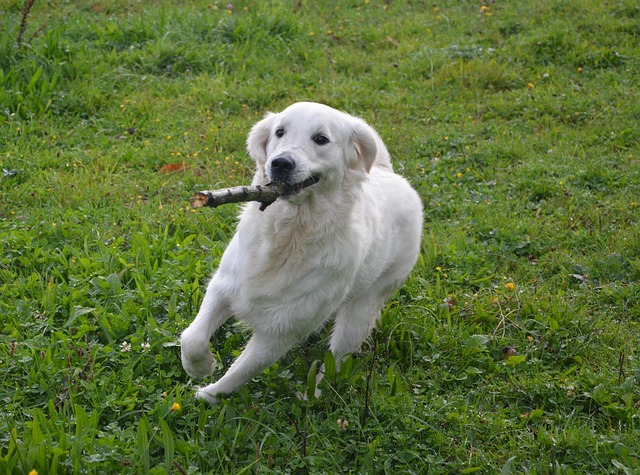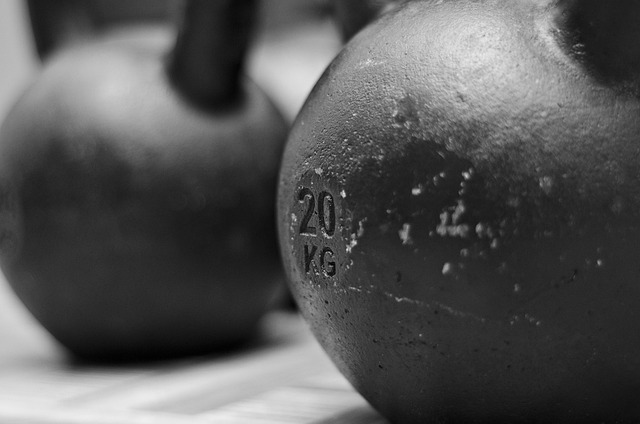For every aspiring soccer player, the role of a central defender is often seen as one of the most challenging yet rewarding positions on the field. As a central defender, you are not only responsible for thwarting attacks but also for initiating plays that can lead to goals. The journey to becoming an exceptional central defender entails dedicated fitness training, focusing on health and overall activity levels.
Fitness is the backbone of a central defender’s performance. Strength and conditioning are crucial components that help enhance your physical capabilities. Incorporating plyometric exercises such as box jumps and lateral bounds can significantly improve your explosiveness, allowing you to react quicker when facing opponents. Additionally, weight training should focus on building core strength, which is essential when challenging for aerial duels or holding off aggressive attackers. Exercises like squats and deadlifts, along with core stabilization workouts, can create a formidable physical presence on the field.
Training regimes should be tailored specifically to the needs of a central defender. Agility drills, such as cone drills and ladder exercises, will help improve quick footwork and change of direction, crucial during defensive maneuvers. Don’t forget about endurance training; central defenders must maintain high activity levels throughout the match. Incorporating interval runs or circuit training can enhance your stamina, ensuring that you remain at the top of your game even in the dying minutes of the match.
While physical training is paramount, mental acuity is equally important for a central defender. Understanding game tactics and positioning can elevate your performance from average to outstanding. Regular film study, analyzing your own games as well as those of professional defenders, helps identify areas for improvement. This cognitive training will complement your physical training, creating a well-rounded athlete capable of making split-second decisions on the field.
Health should always be a top priority for anyone involved in sports. A balanced diet, rich in proteins, complex carbohydrates, and healthy fats, fuels the body for rigorous training sessions. Staying hydrated is another critical aspect; even slight dehydration can drastically affect performance. Consider working with a nutritionist to develop a meal plan that supports your training regimen and overall health goals as a central defender.
Incorporating recovery into your training routine is just as important as the workouts themselves. Ensuring adequate rest, utilizing foam rolling, and engaging in practices such as yoga can aid recovery times, prevent injuries, and improve flexibility. Giving your body the attention it needs will allow you to train harder, longer, and more effectively.
Lastly, the activity level off the pitch also plays a part in your development as a central defender. Engaging in various athletic activities such as basketball, swimming, or even martial arts can improve your overall athleticism and provide cross-training benefits. This variety not only keeps training exciting but also enhances skills that are transferable to soccer.
By focusing on fitness, tailored training, health, and active living, you can elevate your game as a central defender. Embrace the challenge, commit to your training, and watch as you advance not just in soccer, but in your overall fitness journey.




